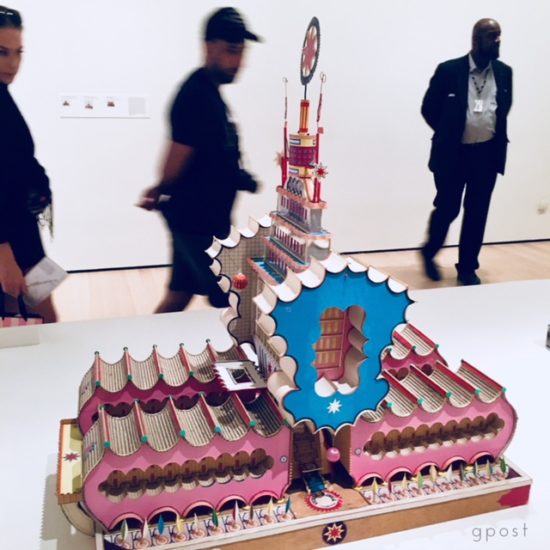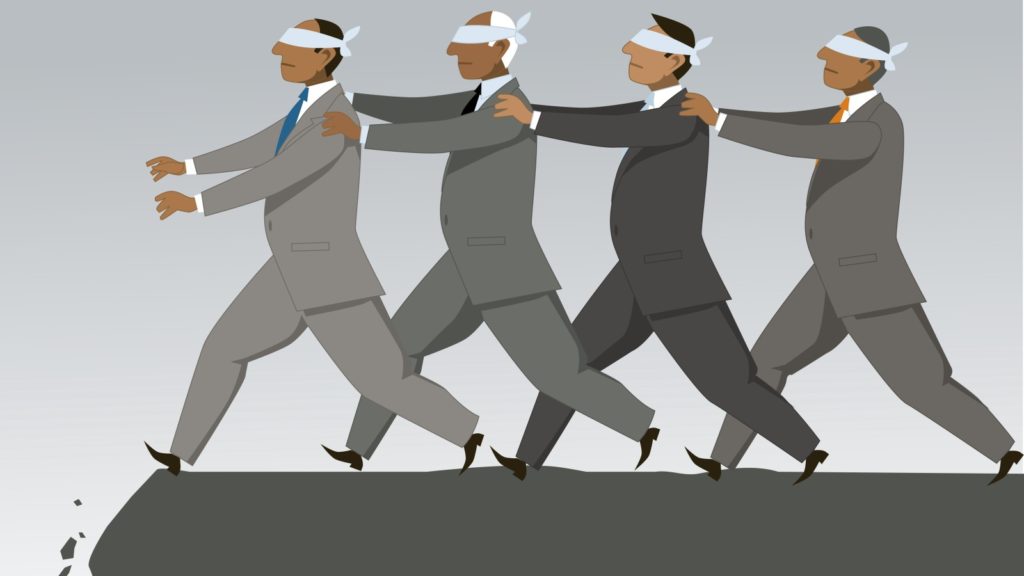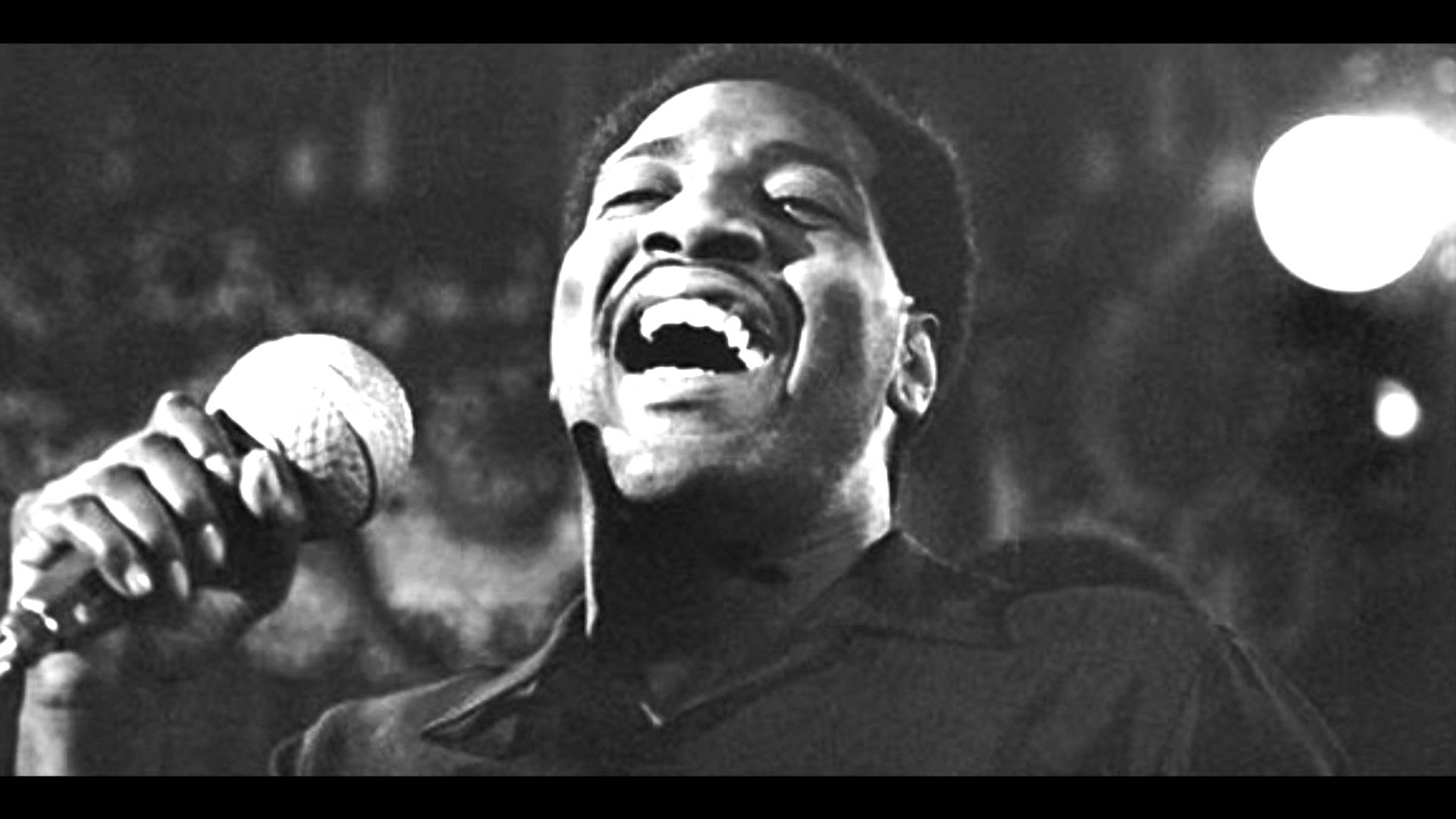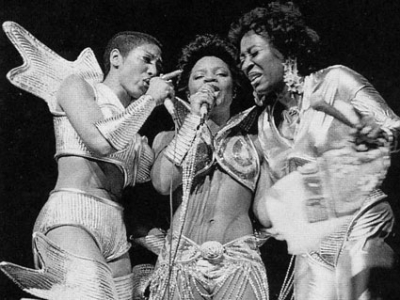
What makes your work worthwhile?
Last week economist Edmund Phelps got me thinking about some of the possibilities. Is you mindset at work to expand your capabilities, to become your “better” self by confronting risks on the job for the possibility of even greater rewards—the fuel of entrepreneurs and everyone else who works to advance their own accounts—OR is it to pursue greater security in your life, accumulate more savings, and earn more time away from work? OR maybe instead of working for yourself, you are striving to build solidarity with others through the services you provide: to strengthen the social fabric instead of just your strand of it.
Phelps also argued that competitive, entrepreneurial work produced tremendous success in the economy overall, while efforts to divert that energy into engineering a more secure, equal and just society has not only caused people to derive less satisfaction from their work over the past 50 years but also for the economy in general to stall. Phelps chose the values of rugged individualism over more collective social values when making his argument about pursing a good life through work.
Over the past week while I was mulling over some of your reactions to Phelps’ thesis, I discovered Harry’s Masculinity Report for 2018 on Twitter. In an era where gender roles in the American workplace are clearly in flux, what could “a masculinity report” possibly contribute? Was it a company’s marketing ploy or something more than that? Would it champion the rugged individual at work or somebody else entirely?
Harry’s is an on-line company that has carved out a highly successful niche for itself by selling men high quality razor blades and other shaving products more cheaply than market leaders Schick and Gillette. The write-up I caught said that its Report had:
surveyed 5,000 men ages 18-95 across the US, weighted for race, income, education, sexual orientation, military service, and more. The respondents were asked about their happiness, confidence, emotional stability, motivation, optimism, and sense of being in control. They were then asked how satisfied they are with their careers, relationships, money, work-life balance, physicality, and mental health, and also about the values that matter most to them.
The results showed a clear trend: The strongest predictor of men’s happiness and well-being is their job satisfaction, by a large margin—and the strongest predictor of job satisfaction is whether men feel they are making an impact on their companies’ success.
This measure, the study finds, is influenced by whether men feel they are using their own unique talents at work, whether they are surrounded by a diverse set of perspectives, how easily and often they can chat with co-workers, whether they feel their opinions are valued, and whether they’re inspired by the people they work with.
The Report itself seemed a bit thin after all that build up, but there were still some nuggets in it. The first was their data-supported effort to re-brand their customer base at a time when “how men act” and “what men want” has been broadly criticized. Another take-away came from seeing how Harry’s portrayed “the American man” it discovered in an ad campaign the company launched around the same time that the Report came out. And finally, the Report used some interesting words and phrases to describe the most significant component of male satisfaction.
According to Harry’s polling, American men are happiest when they are working.
Men at work are men at peace: everything else flows down from satisfying employment. Men who have high job satisfaction are more likely to feel optimistic, happy, motivated, emotionally stable, in control and confident. Job Satisfaction is by far the strongest predictor of positivity, being around three times higher than the next strongest predictor in every region and across the US overall…This is not primarily about wealth, but a sense of making a difference, being part of something bigger and more meaningful… Job satisfaction and the dignity of labor fulfills men’s desire to provide and protect.
Polling found that “Health” was the second driver of male positivity, while “Income” was the third.
I was initially dubious when the Report said Income was only important because of men’s desire “to provide [for] and protect” their loved ones. In my experience, many men (as well as women) want to make as much as possible so that they can consume as much as possible–or at least more than their neighbors. But the observation gained some legitimacy from how men described the central role that work plays in their lives. Martin Daubney, one of the Report’s authors, found that self-determination was far more important than making money for the majority of men who identified work as their primary source of self-esteem. He noted how frequently “autonomy – such as being a consultant or self-employed – was associated with increased job satisfaction.” On this point, Harry’s Report is both consistent with and different from Edmund Phelps’ assessment. It acknowledges the self-defining satisfaction of entrepreneurial labor but seems to reject the lure of financial reward beyond its ability “to provide and protect.”
In addition to re-branding its customers with this Report, Harry’s also wants to influence American policy makers. After all, this is an era when automation is eliminating many middle class jobs, robotics and artificial intelligence will replace even more of them, and post-industrial parts of America (like Pennsylvania, Ohio, Michigan and West Virginia) are struggling with high unemployment rates among mid-career men as well as the epidemics of addiction that seem to be associated with feelings of uselessness. In this regard, Harry’s Report wants to change the policy-making focus from a negative to a positive one.
When service providers seek to engage men, whether in health, education, community, voluntary activities or any other front of social policy, there is often a temptation to address either the problems men have, at best, or the problems men cause, at worst. Our findings strongly suggest that the values which men aspire to most are traditional, moral frameworks. Men want to think of themselves as honest, reliable, dependable and fair-minded and it is perhaps those traits which agencies should emphasize when they wish to earn the trust and co-operation of male service users. Much previous research into masculinity has negatively focused on the problems men cause, often through the nefarious concept of “toxic masculinity”. This has never been more so than in this post-#MeToo landscape and after every mass shooting or domestic terrorist incident.
Lately, the dialogue has expanded to include the problems men have: such as the male suicide epidemic, depression, anxiety and addiction, while offering scant few solutions.
But Harry’s wanted to progress this dialogue forward, by flipping the telescope and focusing on what gives men a positive outlook. We wanted to find out which American men were the most positive and content, then look at the core values and behavioral attributes that nurture these men’s mental wellbeing. (the emphasis above is mine)
Consistent with Phelps’ predilections in Mass Flourishing, Harry’s Report seems to dictate a jobs-focused approach to addressing our economic problems. Creating new jobs and re-investing in old ones can often tap into a man’s natural motivations to make a positive contribution for himself and for those who are depending on him. This Report makes a powerful argument that every man in America who wants a job should have a job–because a man is a terrible thing to waste.

Consistent with its “accentuate the positive” view of masculinity, Harry’s launched a provocative new advertising campaign earlier this year. A female reviewer writing in GQ had this to say about it:
Selling men razors and shaving accessories often relies on the fact that it’s a rite of passage for men and a symbol of masculinity. That usually means beautiful women, severe cheekbones, and model-grade abdominal muscles [Schick and Gillette again]. Harry’s newly released “A Man Like You” ad doesn’t entirely stray from that tradition, but its statement about manhood feels refreshingly modern. The video follows a boy as he teaches a space alien what it means to be a man: how to walk, dress, and of course, shave. In the process, the kid—who’s got a mysteriously absent maybe-astronaut father—comes to the realization that, actually, “there’s no one way to be a man.” The fact that—spoiler alert for a commercial here—the boy appears to be imagining the alien out of grief or longing for dad adds up to a serious tear-jerker of an ending. Razor advertising has maybe never been softer or sweeter than this.
Harry’s ad is well worth a look because it presents an earnest if unexpected view of what men are growing up to be today.
Philosophers and social scientists talk about human nature, but easily as influential (and maybe even more so) are advertisers, playing with our emotions to make their points about who we are and what we’re like.
We already know about the dangerous side of marketers who are using the data collected from our social media exchanges (Facebook), shopping sprees (Amazon), and information searches (Google) to target us in increasingly precise ways. Harry’s ad is an instance where influencers are using our data to show us our best, or at least our better selves in the course of selling us their products.
Portraying a positive masculinity, their ad feels timely as well as necessary. It simply says: this story about men is real too and overdue for some attention.
This post is adapted from my December 2, 2018 newsletter.







 This time it was Charlie Gray who came to our rescue. Once inside, we were packed like sardines, the only “out-of-towners,” and the crowd in front of and behind us started getting rowdy about whether we belonged. “What are you doing here?” “Go back where you came from.” It was already loud in The Crib but our being there took everything up a notch and Charlie noticed.
This time it was Charlie Gray who came to our rescue. Once inside, we were packed like sardines, the only “out-of-towners,” and the crowd in front of and behind us started getting rowdy about whether we belonged. “What are you doing here?” “Go back where you came from.” It was already loud in The Crib but our being there took everything up a notch and Charlie noticed.